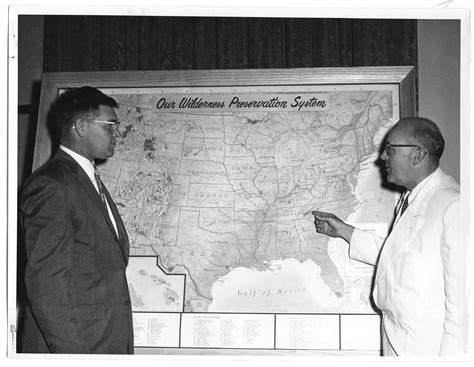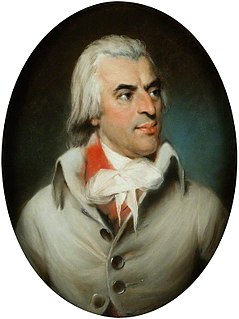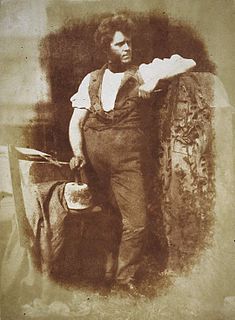A Quote by Immanuel Kant
Without man and his potential for moral progress, the whole of reality would be a mere wilderness, a thing in vain, and have no final purpose.
Related Quotes
A man with a half volition goes backwards and forwards, and makes no way on the smoothest road; a man with a whole volition advances on the roughest, and will reach his purpose, if there be even a little worthiness in it. The man without a purpose is like a ship without a rudder - a waif, a nothing, a no man. Have a purpose in life and having it, throw such strength of mind and muscle into your work as God has given you.
No man can fight his way to the top and stay at the top without exercising the fullest measure of grit, courage, determination, resolution. Every man who gets anywhere does so because he has first firmly resolved to progress in the world and then has enough stick-to-it-tiveness to transform his resolution into reality. Without resolution, no man can win any worthwhile place among his fellow men.
Whatever the country, capitalist or socialist, man was everywhere crushed by technology, made a stranger to his own work, imprisoned, forced into stupidity. The evil all arose from the fact that he had increased his needs rather than limited them; . . . As long as fresh needs continued to be created, so new frustrations would come into being. When had the decline begun? The day knowledge was preferred to wisdom and mere usefulness to beauty. . . . Only a moral revolution - not a social or political revolution - only a moral revolution would lead man back to his lost truth.
[Aldous Huxley] compared the brain to a 'reducing valve'. In ordinary perception, the senses send an overwhelming flood of information to the brain, which the brain then filters down to a trickle it can manage for the purpose of survival in a highly competitive world. Man has become so rational, so utilitarian, that the trickle becomes most pale and thin. It is efficient, for mere survival, but it screens out the most wondrous part of man's potential experience without his even knowing it. We're shut off from our own world.
A man could be a lover and defender of the wilderness without ever in his lifetime leaving the boundaries of asphalt, powerlines, and right-angled surfaces. We need wilderness whether or not we ever set foot in it. We need a refuge even though we may never need to set foot in it. We need the possibility of escape as surely as we need hope; without it the life of the cities would drive all men into crime or drugs or psychoanalysis.
The idea of duty, that recognition of something to be lived for beyond the mere satisfaction of self, is to the moral life what the addition of a great central ganglion is to animal life. No man can begin to mould himself on a faith or an idea without rising to a higher order of experience: a principle of subordination, of self-mastery, has been introduced into his nature; he is no longer a mere bundle of impressions, desires, and impulses.
The first theft marked Buck as fit to survive in the hostile Northland environment. It marked his adaptability, his capacity to adjust himself to changing conditions, the lack of which would have meant swift and terrible death. It marked, further, the decay or going to pieces of his moral nature, a vain thing and a handicap in the ruthless struggle for existence.
Every little thing has a purpose, at the same time, it has no purpose because this whole thing is a game. It is the existence which is total, beyond purpose. So you can say, virtually there is no purpose. If at all you have to pin down to a purpose then the purpose of nature is to take you to the Source, is to remind you of the Source, connect you to your Source.






































